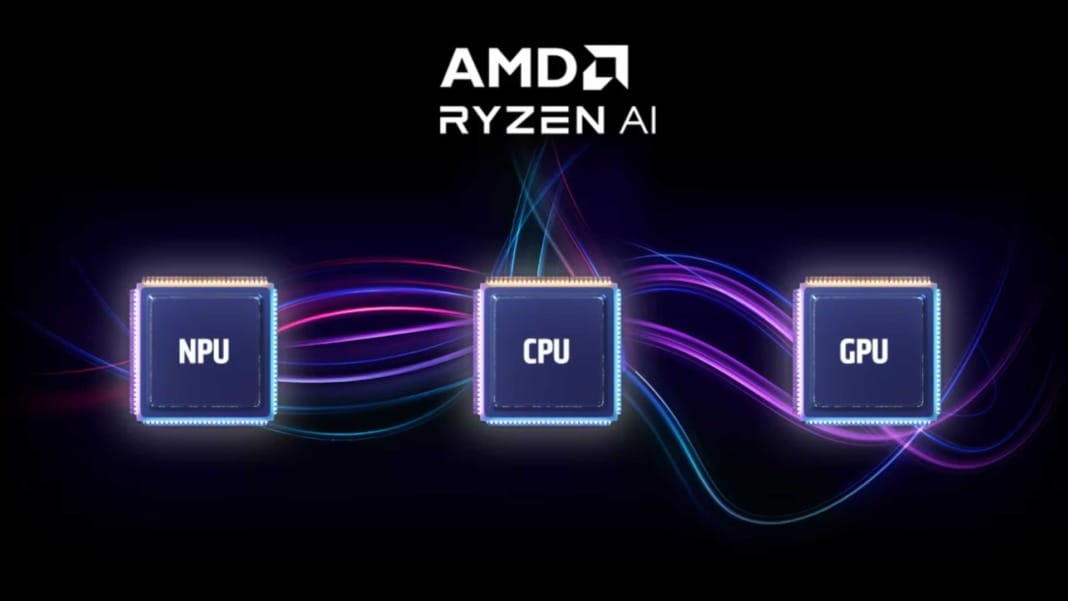AMD’s new Ryzen AI APUs, the pinnacle of technological progress, have seized the spotlight at Computex 2024. Now, we have a sneak peek at their prowess. Three Geekbench tests have surfaced, unveiling the remarkable features of AMD’s flagship APU. The Ryzen AI 300, a testament to state-of-the-art technology, stands out with its unparalleled number of TOPS in an NPU, competitive CPU performance, and a significantly enhanced GPU. Let’s dive into the specifics.
New benchmarks show impressive results
The Ryzen AI 9 HX 370 appeared in two Geekbench tests and one OpenCL test, offering a peek into CPU and GPU performance. Initially listed as the AMD Ryzen AI 9 HX 170 with a Radeon 880M GPU, AMD updated its naming scheme at the last moment. The HX 170 is now the HX 370, and the GPU should be the 890M, not the 880M. Despite these discrepancies, the results are precise.
In the Geekbench 6.3 test, the Ryzen AI 9 HX 370 scored 2,544 in the single-core and 14,158 in the multi-core tests. For reference, the Ryzen 5 7600 desktop CPU scored 2,739 in single-core and 12,287 in multi-core. This clearly shows that the APU excels in multi-threaded tasks, surpassing the Ryzen 5 7600 while slightly trailing in single-core performance. Notably, the Ryzen AI 9 HX 370 features 12 cores and 24 threads, twice as many as the Ryzen 5 7600, which explains its robust multi-core performance. When compared to its predecessor, the Ryzen 9 8945HS, the new chip leads by about 20% in multi-core tasks, highlighting its significant performance enhancements.
The OpenCL test further solidified the impressive performance of the Ryzen AI 300 APUs. The Radeon 890M GPU (erroneously labelled 880M) scored a staggering 41,995 points, matching the desktop version of Nvidia’s GTX 1650 Ti and the mobile version of the RTX 2050. This score outshines the previous generation’s Radeon 780M by an impressive 40%, leaving us with a sense of wonder about the untapped potential of these APUs.
Considering power efficiency
It is essential to consider power efficiency when comparing these benchmark results. The new APUs do not have a fixed TDP and can scale from 15 watts to 54 watts. The exact TDP for these tests is unclear, but the performance is even more impressive, assuming it is on the lower end.
Although it is early, it seems AMD has achieved significant generational improvements. The AI mobile APUs, in particular, could demonstrate a more substantial performance leap than the upcoming Zen 5 desktop processors. Both the APUs and the CPUs are scheduled for a July 2024 launch, so it will not be long before we can experience these advancements firsthand.





